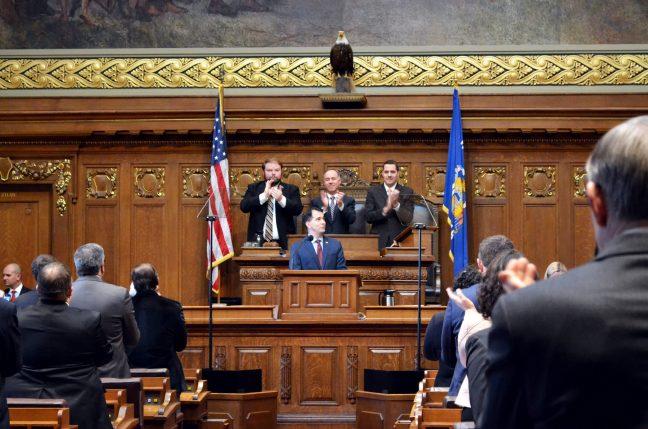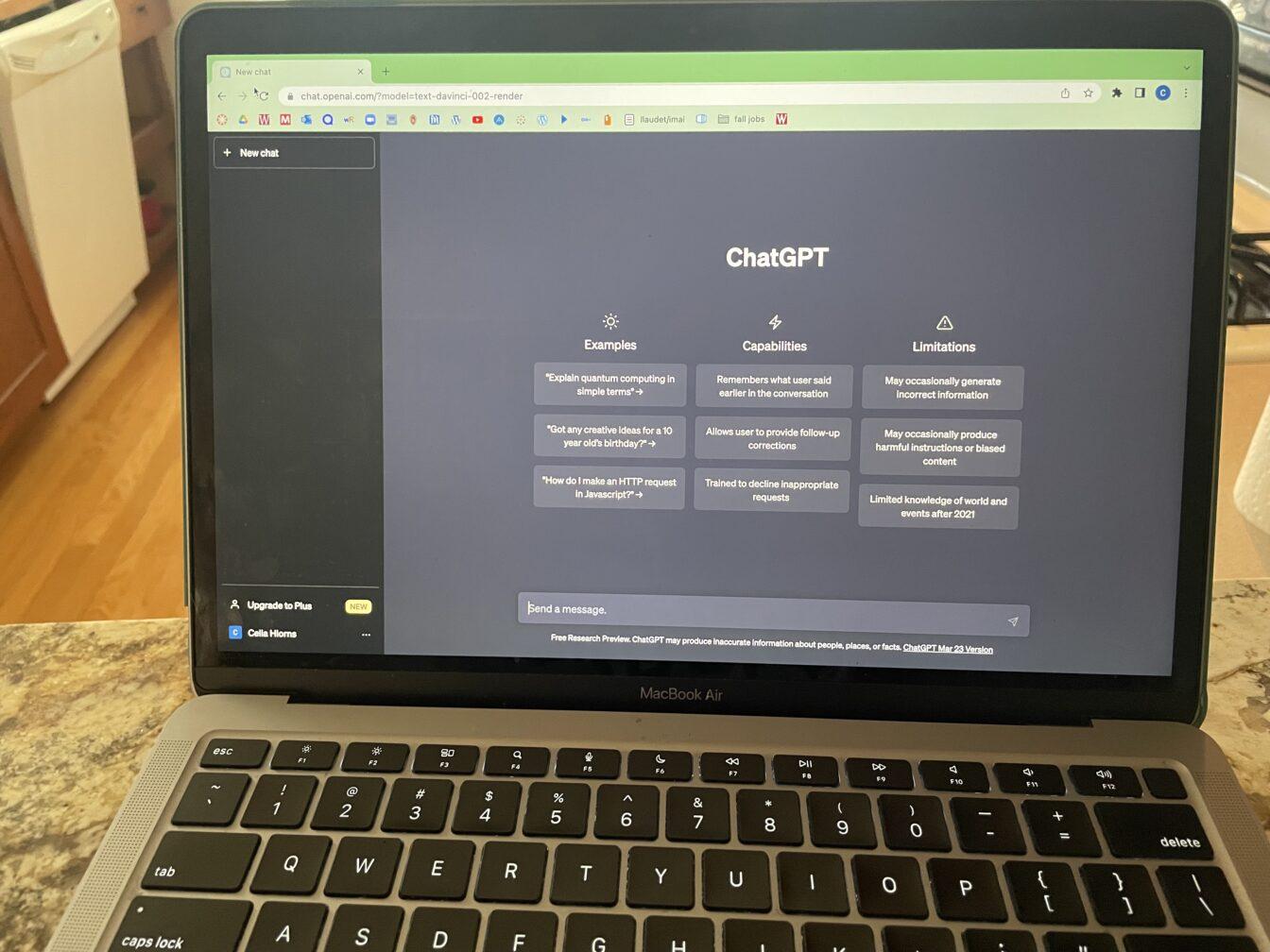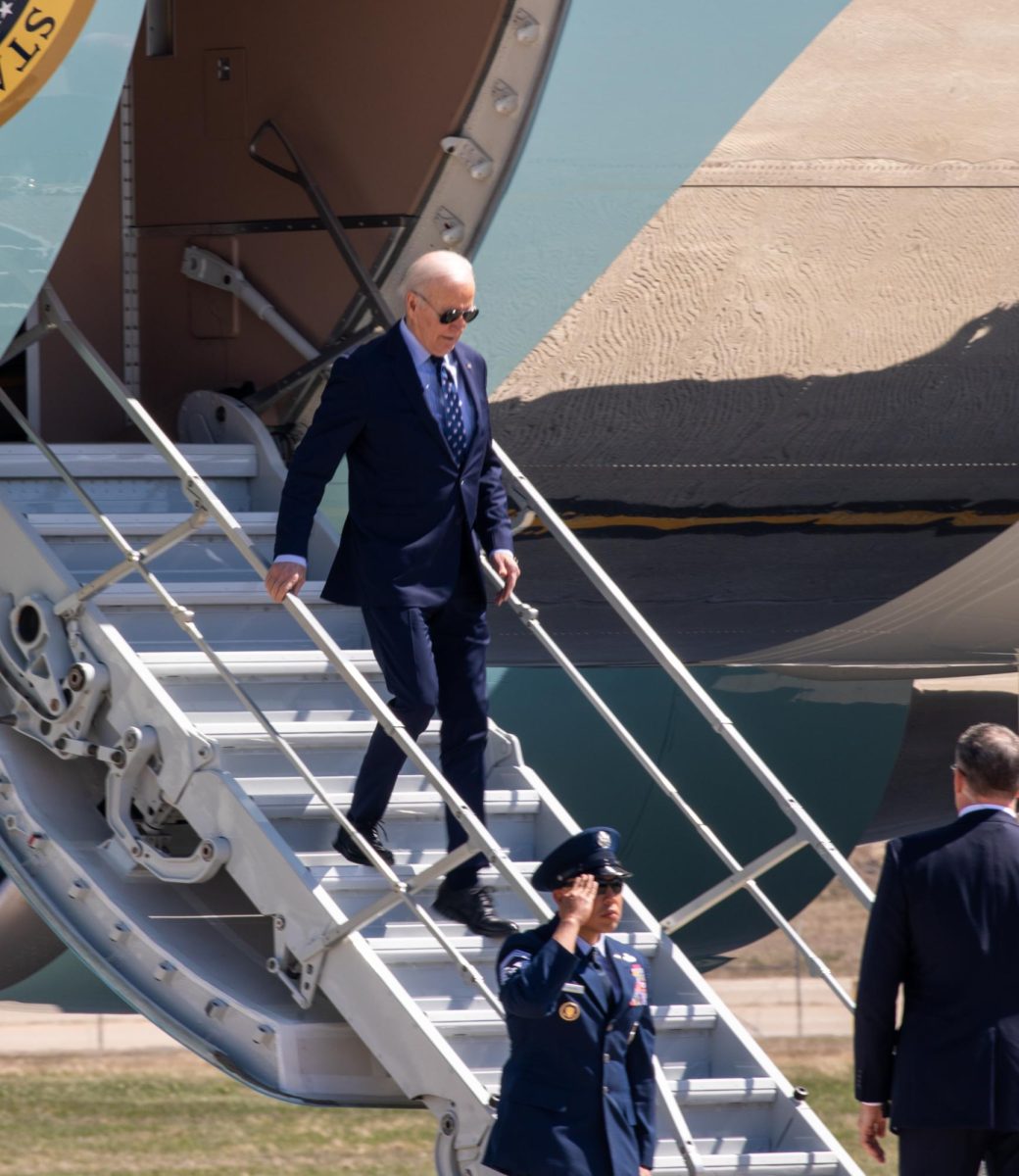A recent report from the Wisconsin Center for Investigative Journalism highlights the lack of transparency from the Wisconsin State Assembly and the legal lengths they go to deter public input on important legislation. Often, unpopular legislation, like limiting access to public records, will be added to — and essentially hidden in — a large budget bill. Or amendments will be added immediately before a vote, such as the Manufacturing and Agriculture tax credit, not allowing time for debate or public input.
While it may seem like these practices are unethical or undermine the fundamental principles of democracy, a closer look at Wisconsin’s procedure for passing the budget bill will reveal that the process is fair. Furthermore, these “opaque” practices should be allowed in government — under necessary constraints and if the legislators so decide — without additional public awareness. This is completely consistent with having a regard for public opinion.
First, it is important to understand Wisconsin’s process for passing the state’s biennial budget — which determines precisely how the state will raise and spend money. The process starts in the Governor’s office in the fall of every even-numbered year. The Governor writes a letter to the agencies and makes a list of budget targets which he or she gives to the Joint Finance Committee, comprised of legislators from both the Senate and Assembly. The JFC takes the proposals around the state to be heard and discussed by citizens in public hearings after which they compile their own version of the budget to be introduced into either the Senate or the Assembly as a bill for debating and revising. The bill is then passed to the other house for debate and revision. It is this house’s version of the bill that ends up back at the Governor’s office. The Governor has the power to make line-item vetoes, which the Legislature can override with a two-thirds majority in both houses. Finally, the budget is signed into law, ideally by July 1 of every odd-numbered year.
Since the legislature’s state budget is the only bill required to pass — and it must be passed in a timely fashion — it is convenient to sneak in some of the more controversial, harder-to-pass pieces of legislation, sometimes befittingly referred to as “riders.” While this action does sound devious, it is neither deceptive nor a product of poor design when it comes to the budget bill passage, because everyone gets a fair shot at reading, debating and revising the bill.
Legislative laziness affects more than your schedule, Senators
The conundrum with the budget bill process might best be understood in terms of an inconsistent triad between things we want from the government: transparency, speed and regard for public opinion. If the process had speed and transparency, the legislature would make their own decisions, skip the public hearings, but be sure to let everyone know exactly what they are doing. If the process had transparency and regard for public opinion, everything would be slow because they would constantly be holding public hearings and referendums on their decisions. The current system as it stands has speed and regard for public opinion, and in doing so, has to sometimes keep things behind closed doors.
Because the bulk of the state’s revenue — about 45 percent — comes from taxes and the bulk of spending — about 35 percent — is in K-12 education, the hottest-debated items are tax cuts and education spending. These particular issues affect every individual citizen in a unique way, and in a direct democracy, where citizens deserve transparency and public hearings on every budget item, there would be indefinite gridlock. Ideally, legislators are elected into public office because they know their constituents’ interests best, and they will do their best to bargain for them. The necessary constraint held on each legislator during this process, of course, is their ability to be voted out of office.
As Wisconsin overhauls welfare programs, UW offers new anti-poverty solutions
There may be worries that the system as it currently stands still lacks regard for public opinion as more and more pieces of legislation are passed without public knowledge. But to take a step back, public opinion is the reason for the existence and continuation of a representative democracy. It is in the legislature’s best interest to value the public opinion. To put it in perspective, Walker and the GOP legislature ended up repealing the unpopular provision about the state’s open records law, and there is some evidence that the Manufacturing and Agriculture tax credit has contributed to growth in manufacturing jobs in Wisconsin. Sometimes policymakers know a thing or two about their constituents, and it is up to us to trust them.
Lianna Schwalenberg ([email protected]) is a fifth-year senior majoring in communication arts and philosophy.














